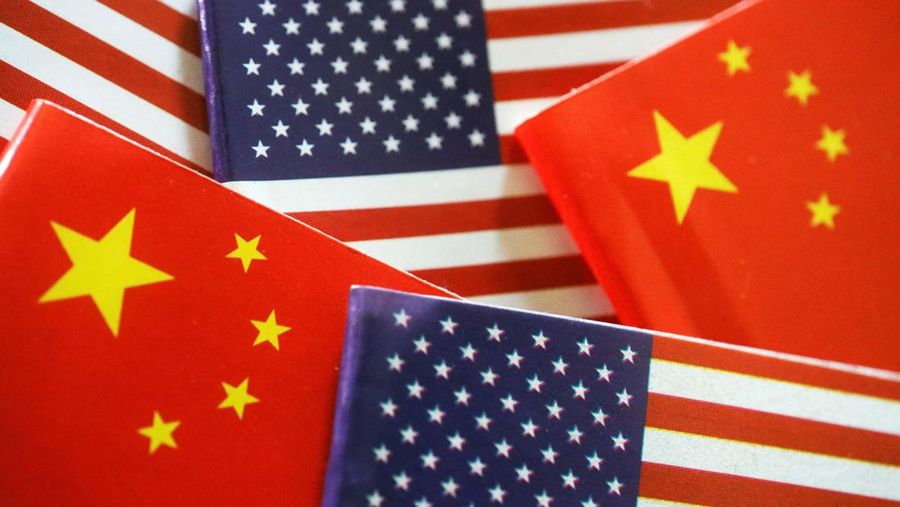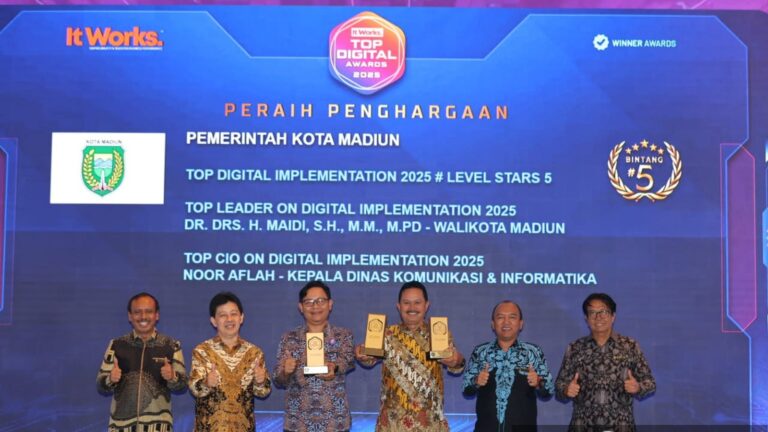Beijing – As geopolitical tensions over technology intensify, Huawei Technologies has taken a bold step to solidify its place in the global artificial intelligence (AI) landscape. The Chinese tech giant has open-sourced two of its flagship AI models from the Pangu series, along with associated reasoning technologies, in what analysts interpret as a calculated move to assert China’s growing technological clout.
This latest development positions Huawei not merely as a hardware innovator, but as a full-stack AI ecosystem provider. The company’s ability to span chip development, algorithmic innovation, and software deployment has earned it comparisons to Nvidia, its Western counterpart and current market leader in AI acceleration.
Industry experts note that this decision arrives at a pivotal time, as Huawei continues to face harsh restrictions from the United States, particularly around the export of advanced AI chips. Instead of retreating, Huawei has channeled its focus inward—scaling up its Ascend AI platform, a suite of chips and development tools that form the backbone of its AI strategy.
“Huawei has matured into a technology powerhouse that controls the entire AI value chain—from silicon to software,” said Paul Triolo, geopolitical tech analyst at DGA-Albright Stonebridge Group, in an interview with CNBC International on July 2, 2025.
The open-sourcing of the Pangu models is more than a symbolic gesture. It’s a tactical effort to embed Huawei’s architecture into global research communities and enterprise deployments. By making these resources freely accessible, Huawei aims to lower the barrier for developers worldwide while cultivating long-term dependence on its homegrown ecosystem.
This move also underscores a broader strategic shift by China, which has long sought to decouple from Western-dominated supply chains in critical sectors. As Washington intensifies efforts to curb China’s access to high-end semiconductors, Beijing-backed firms are accelerating their self-reliance in key technologies.
In the global power struggle for AI dominance, Huawei’s release is both a technical milestone and a geopolitical statement. With its infrastructure now expanding well beyond China’s borders, Huawei may not only reshape the competitive landscape, but redefine the future of AI development under a distinctly different model of openness and control.









